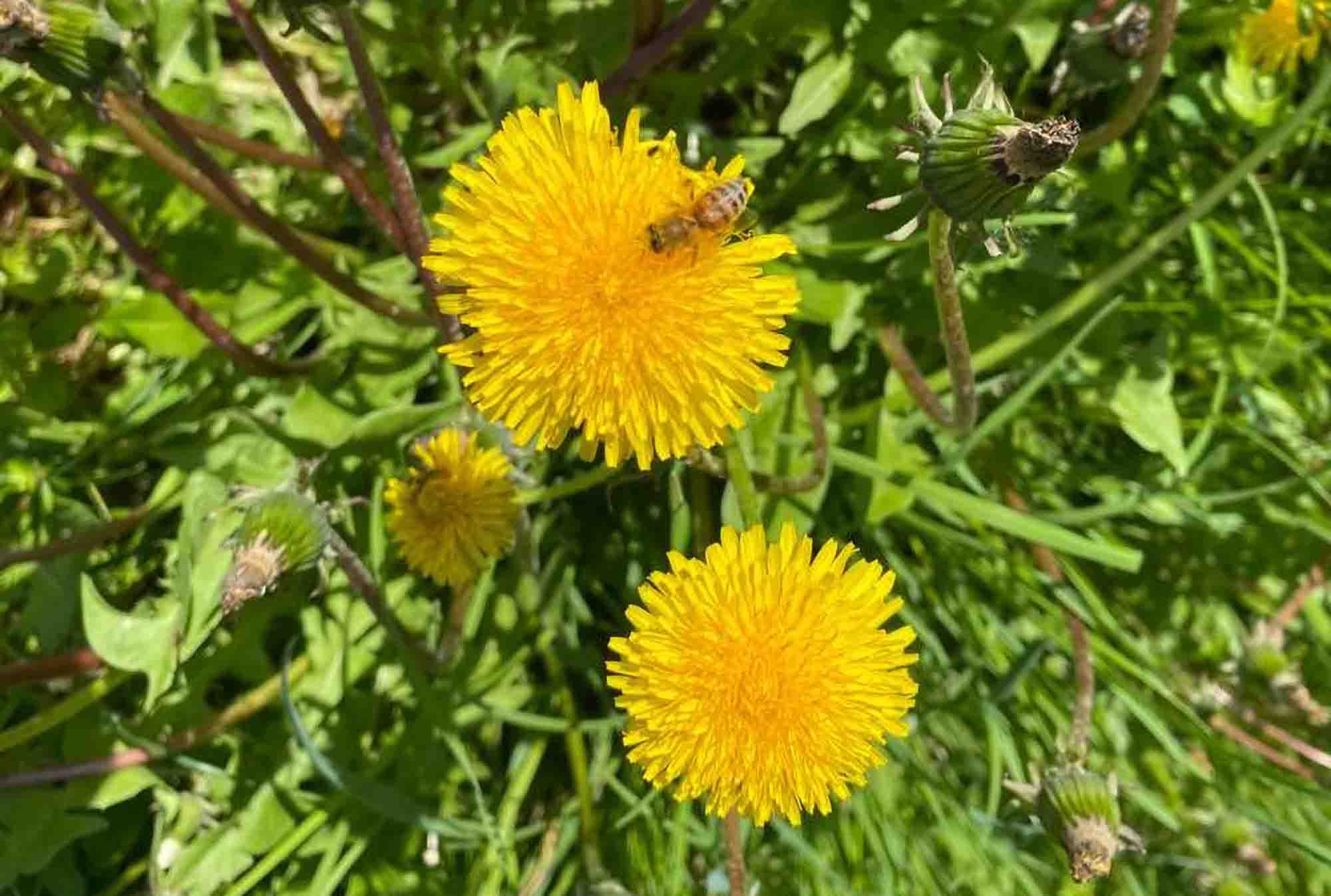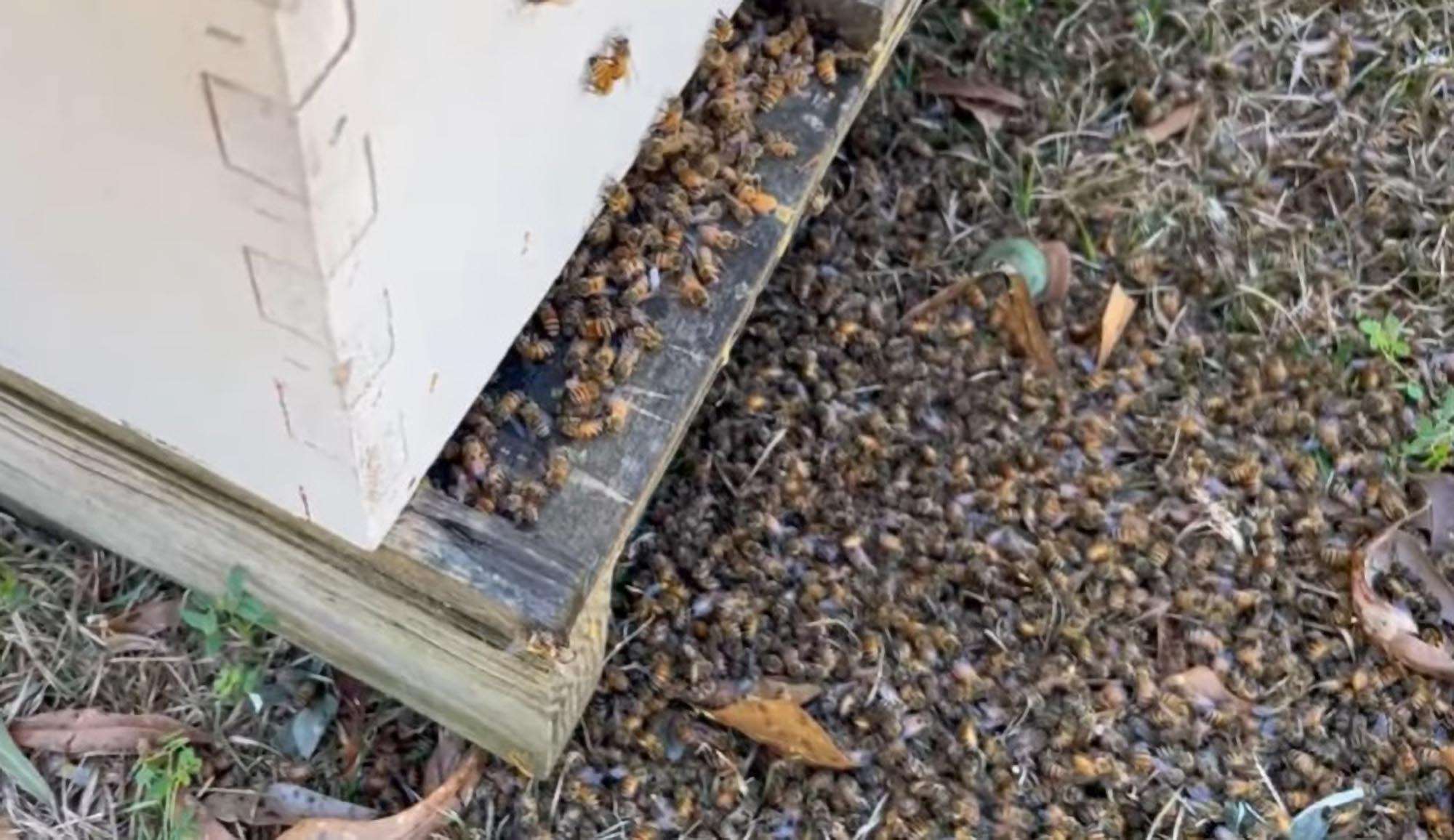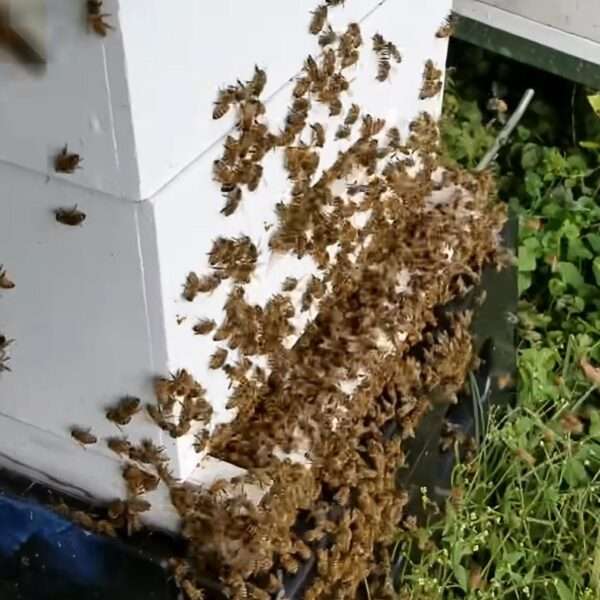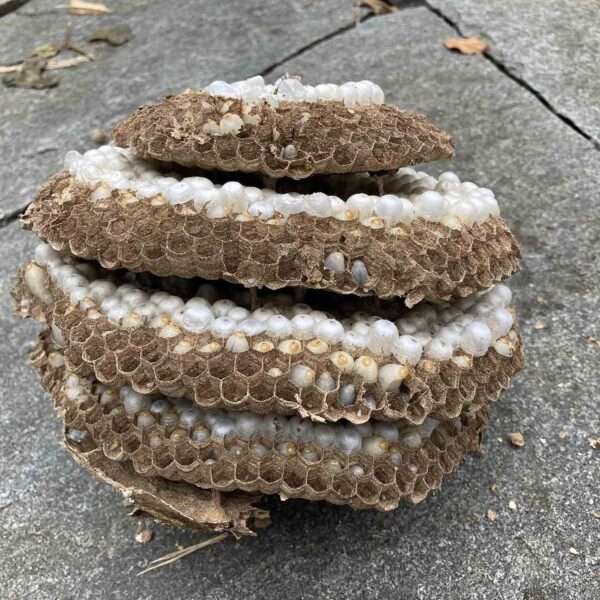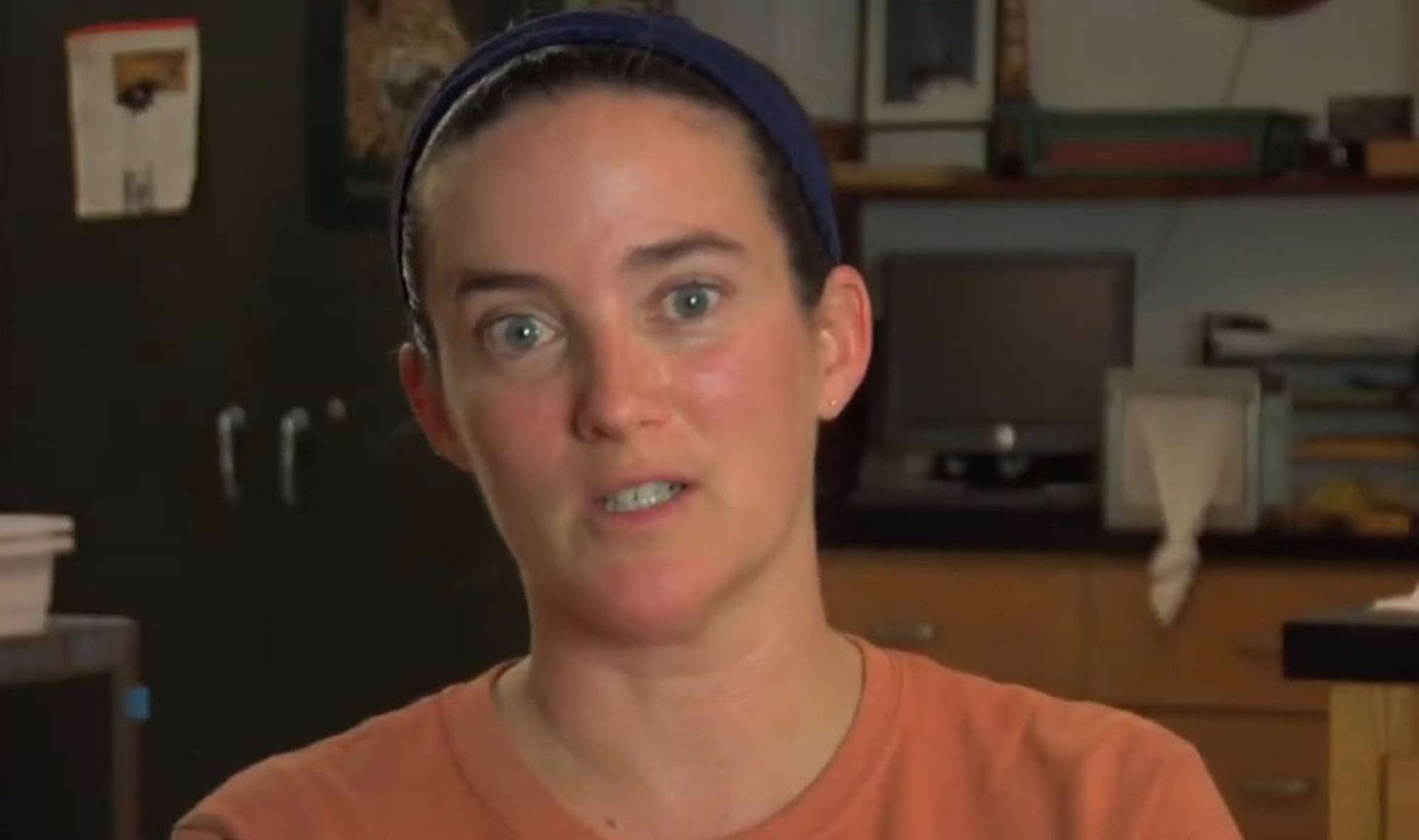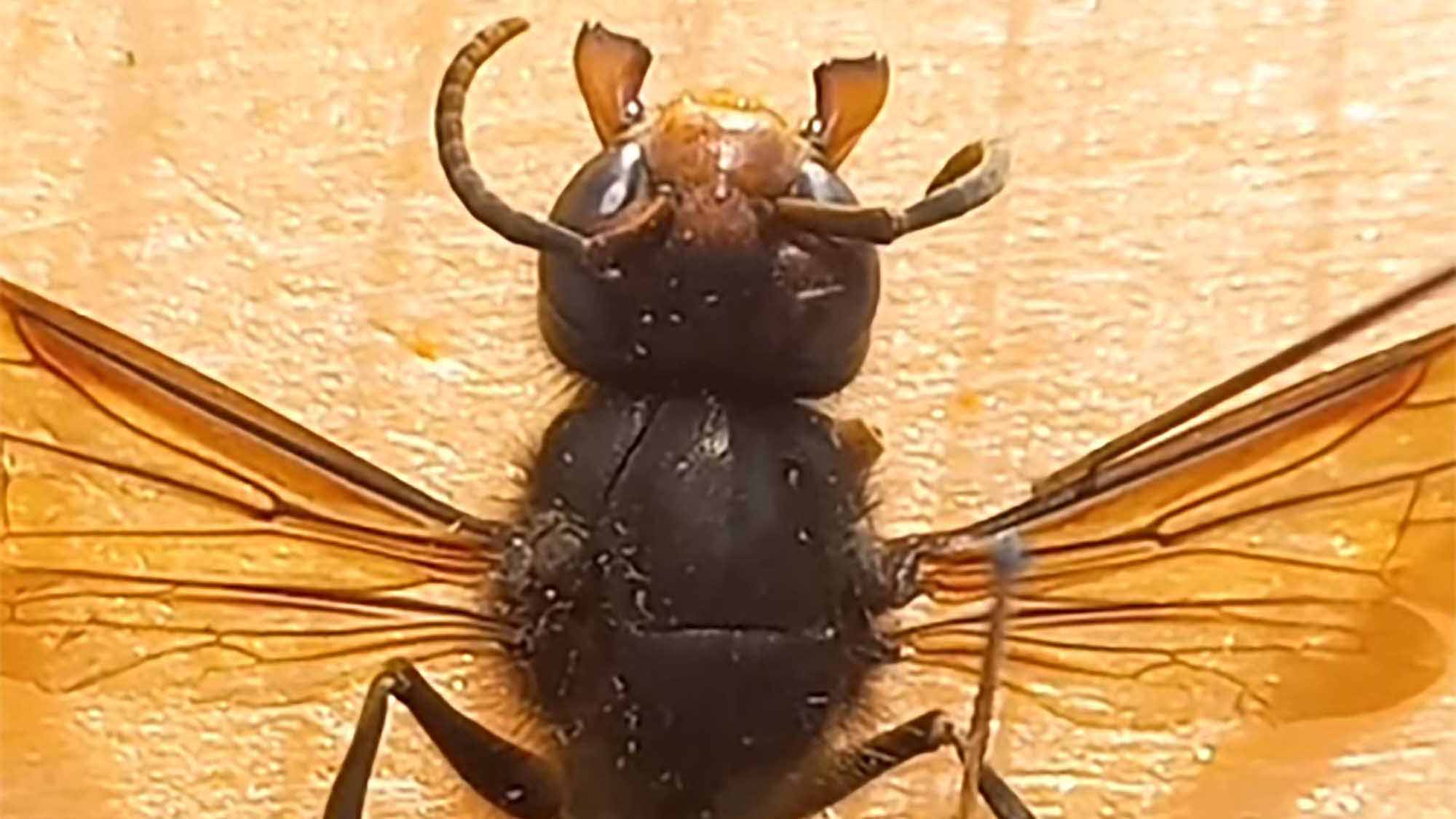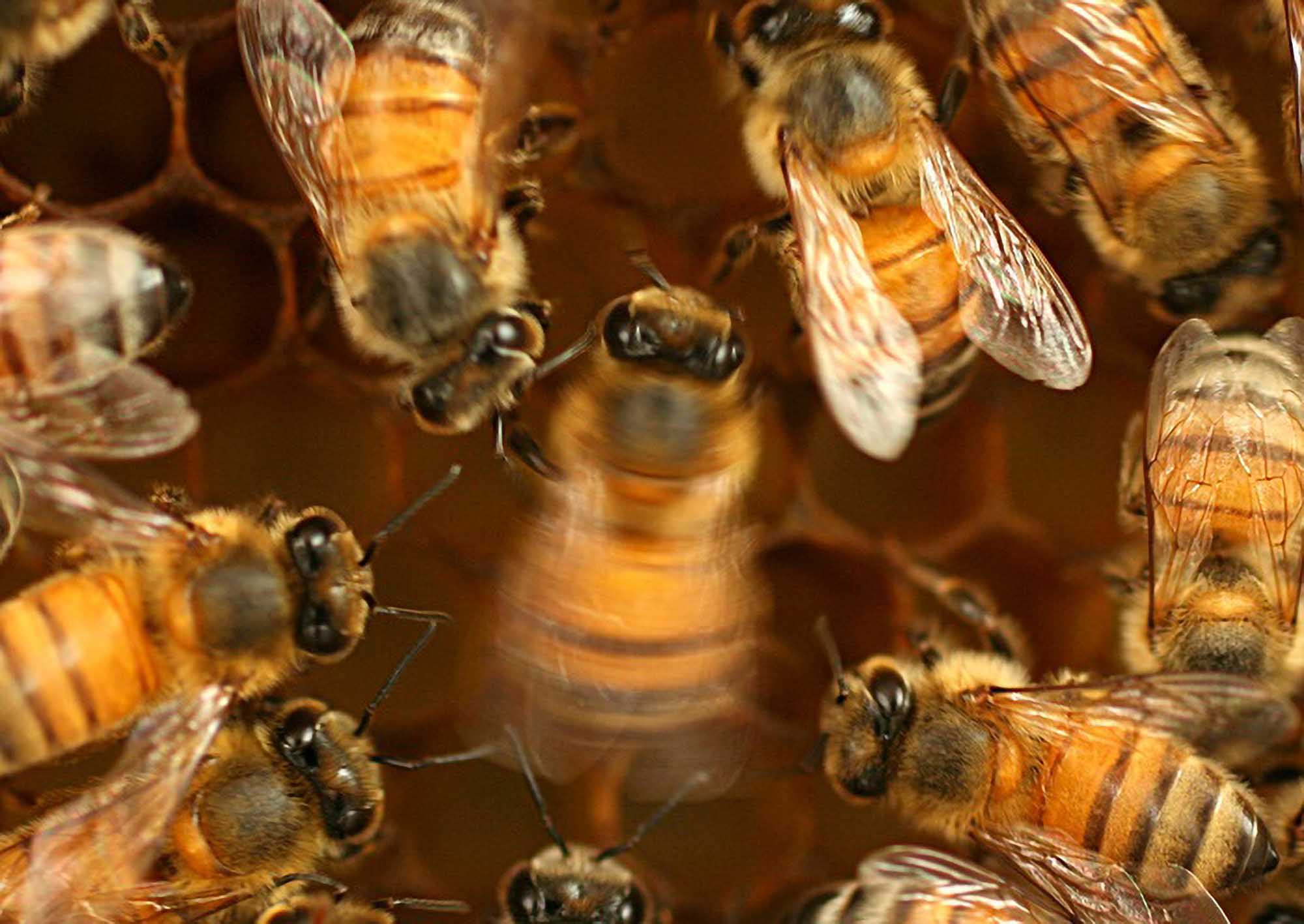Informing people about the crucial role of bees may not suffice to save them, an American scientist has warned.
Prof Shannon Cruz from the College of the Liberal Arts at Pennsylvania State University (Penn State) said public campaigns should be “more persuasive.”
Prof Cruz – who is a renowned expert on issues such as environmental communication – argued: “Many initiatives have focused on education as the solution to this problem, but education alone often isn’t enough to produce attitude and behaviour change.
Prof Cruz claimed that many individuals’ ways could only be altered by launching “communication campaigns that not only explain how to protect pollinators but persuade people they should protect them.”
She explained: “Research indicates that this type of persuasive messaging is likely to be most effective if it’s designed based on what people already know about an issue.”
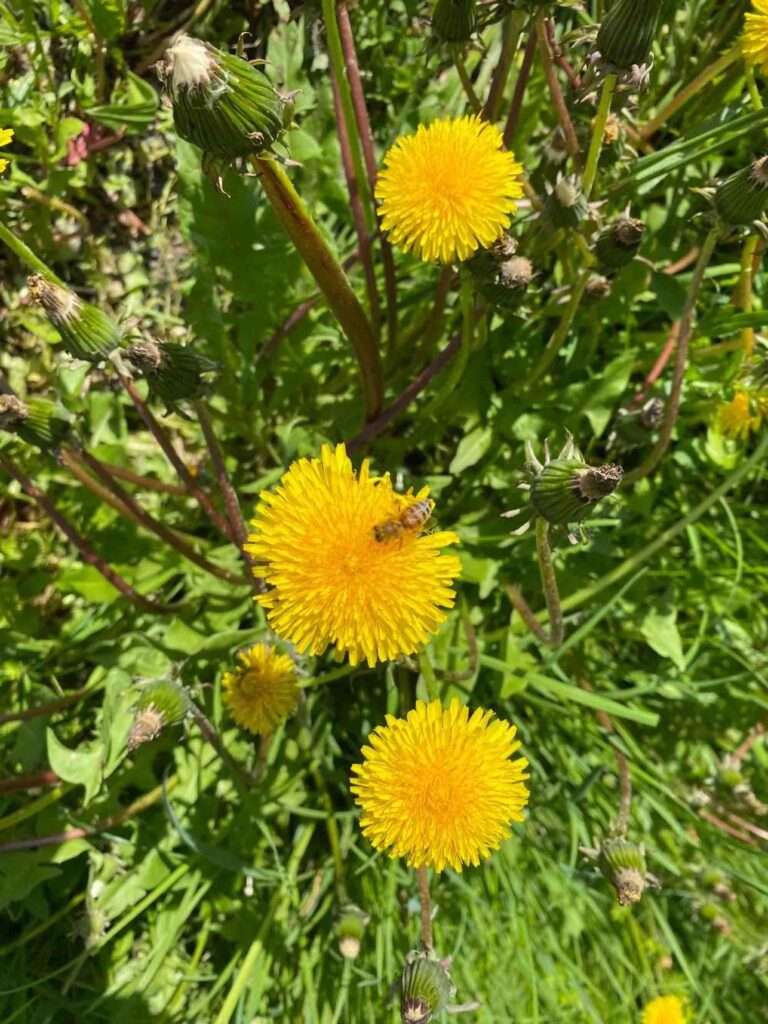
While domesticated honeybees are probably the best-known pollinators, numerous wildflowers, plants and crops depend on the thousands of solitary bee species that exist around the world.
Prof Cruz suggested: “Honeybees can serve as a familiar place to start before transitioning into a discussion of other bees and pollinators. By drawing connections between other bee species and honeybees, we can help tap into existing knowledge structures.”
The scientist concluded that such a strategy could help turn measures such as native bee conservation into something “more familiar and appealing.”
US American producers of honey claim a global market share of four per cent. The domestic per capita consumption of the product ranges between 0.9 and 1.4 kilogrammes (one to three pounds) per year.

